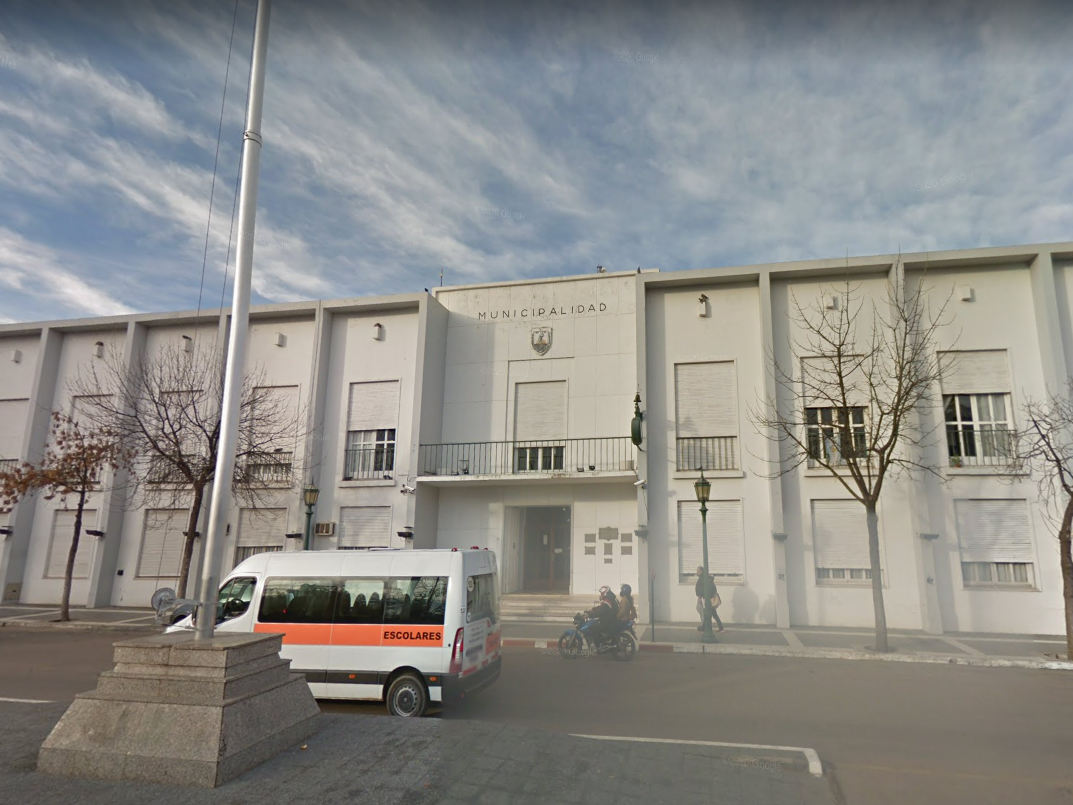Argentinian domestic abuse victim given ex-partner’s job at local council as ‘reparation’
Valeria Juárez now employed by Santa Rosa council after ex-partner fired and jailed

A victim of domestic violence has been given her abusive former partner’s job at the local council in a unique form of “reparations”.
Valeria Juárez, from the Argentinian province of La Pampa, was offered a role at the parks department of her local authority after they fired her ex-partner Héctor Fabián Mendoza, who worked as a gardener.
Santa Rosa council have a policy that any employee convicted of domestic violence will lose their job, which must then be offered to their victim.
The 34-year-old mother of three said she was “trying to be as happy as she could be” after Mendoza was jailed and she took on his old job in his place.
“I lived in fear, I was psychologically tormented, I couldn’t sleep at night, and now I am trying just to be as happy as I can possibly be,” she told The Daily Telegraph.
“It’s a huge relief, I’ve got a stable job and I can feed my kids.”
Mendoza was arrested after two friends saw him force his way into Ms Juárez’s house while holding a knife. He was eventually convicted of threatening behaviour and sent to prison for two years.
The couple had first got together when Ms Juárez was a single mother raising two kids living next door to Mendoza.
Santa Rosa council’s head of gender policy and diversity, Gabriela Bonavitta, said the unorthodox job swap was in effect a kind of “reparations”.
“A council which listens to victims who denounce violence is also telling aggressors there is zero tolerance of gender violence,” she told the Telam news agency.
Domestic violence has long been a huge problem in Argentina, with one woman dying at the hands of a partner every day on average.
Women’s groups have warned the coronavirus lockdown has exacerbated the situation, with thousands of women trapped inside their homes with violent men and unable to seek help. Calls to domestic violence helplines have increased by about 40 per cent.
In May, one leading rights group said the number of women killed in Argentina had reached a 10-year peak.
One anti-gender violence charity in Argentina, Ahora Que si nos Ven (Now They Can See Us), has welcomed the Santa Rosa council’s decision.
“This ruling is a great step forward, above all a way of restoring control to women’s lives, but we still have a long way to go,” a spokeswoman told The Daily Telegraph.
Ms Juarez said: “Today I’m celebrating going into work, but there are many women who are continuing to suffer much worse than I did. I hope other councils follow this example here and across the world.”
Join our commenting forum
Join thought-provoking conversations, follow other Independent readers and see their replies
Comments
Bookmark popover
Removed from bookmarks